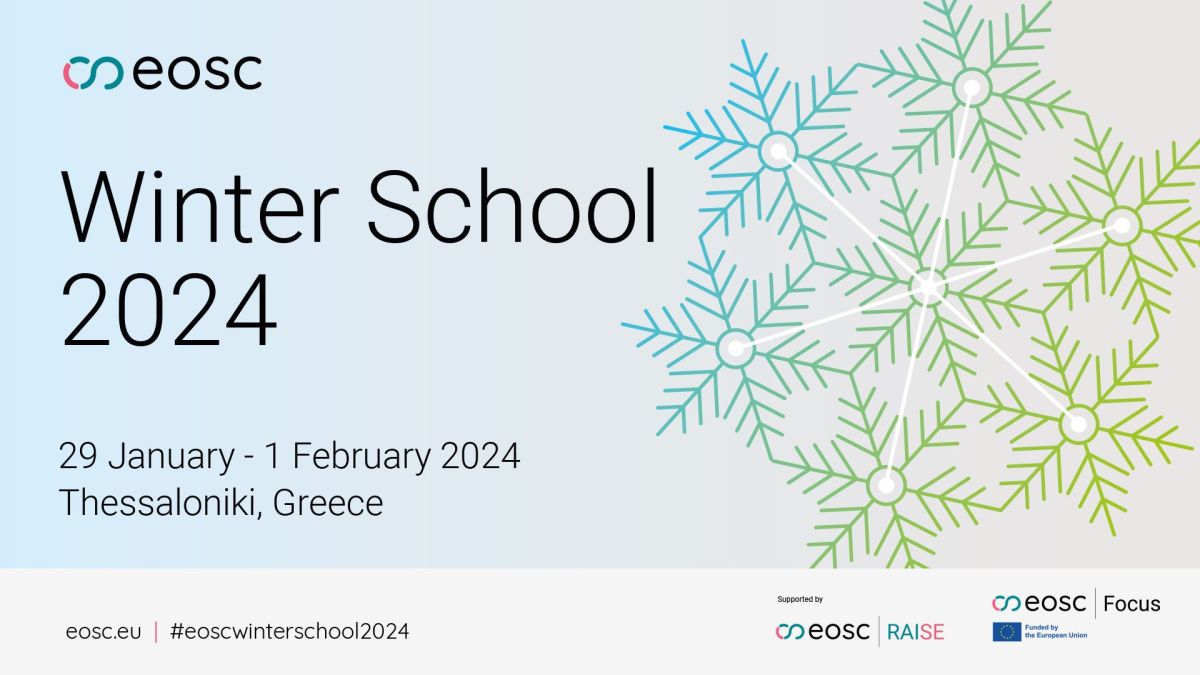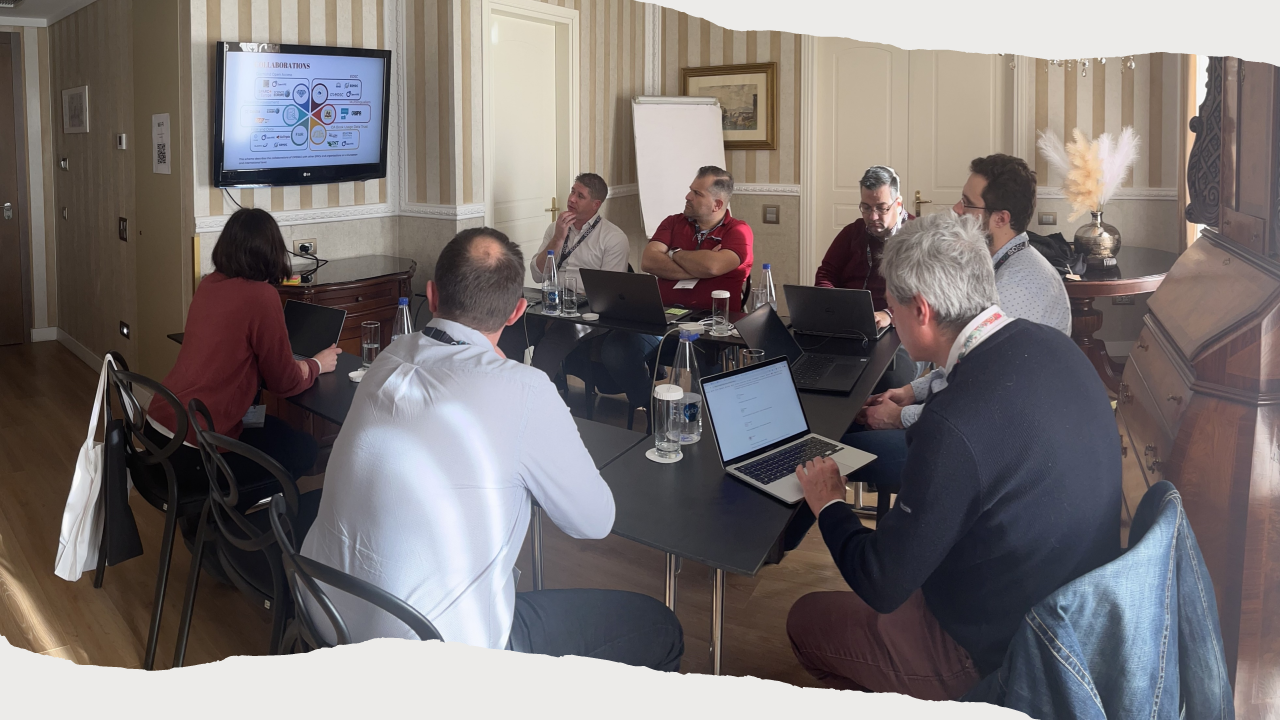Open Scholarly Communication: Insights from the EOSC Winter School 2024
Open Scholarly Communication (OSC) is an important and evolving field that is gaining increasing attention in the scientific community. During the recent EOSC Winter School 2024, SciLake representatives and other leading experts gathered to discuss various aspects of OSC, from its definition to the challenges it faces, and its future trajectory. This blog post summarizes the key takeaways from this session.

Defining Open Scholarly Communication
The session started with a detailed exploration of the definition of open scholarly communication. The definitions provided by various entities such as SPARC, DOAJ, OpenAIRE, and MIT Libraries were examined. OSC was collectively emphasized as a process where research outputs are shared and disseminated openly and freely without barriers, enabling the democratisation of knowledge. The discussion highlighted that the research lifecycle (researching-writing-publishing-assessing) begins with infrastructures. Among these, OpenAIRE is a non-profit partnership of 50 organizations with the mission to establish a permanent open scholarly communication infrastructure to support European research. In addition to its infrastructure and services, the ongoing CRAFT-OA project aims to consolidate the Diamond Open Access publishing landscape and integrate it with EOSC and other large-scale aggregators. OPERAS is another infrastructure spanning 27 domains, primarily covering the EU but also involving international collaborations, with the goal of becoming an ERIC by 2027.

Challenges in Open Scholarly Communication
While OSC holds great promise for the future of knowledge dissemination, it does come with its challenges. These include the interdisciplinary nature of research, different research methods, a variety of publication formats, the need for multilingualism, the existence of numerous open access initiatives, and fragmentation of actors. The session also highlighted the issue of volume limitation for the number of publications processed per month and the challenge of achieving true interoperability. Despite having technical standards in place, achieving real interoperability requires a lot of manual work and collaboration between stakeholders, and resistance to change often hinders this process.
SciLake's Role
SciLake is a comprehensive project designed to assist scientific communities in constructing their own scientific knowledge graphs (SKGs). One of its primary challenges is enabling interoperability between domain-specific research and domain-agnostic databases such as the OpenAIRE Graph. The project is in line with the EOSC interoperability framework and actively collaborates with other scientific knowledge graphs to define core model entities through the Research Data Alliance (RDA) SKG Interoperability Framework.
The Future of Open Scholarly Communication
Looking ahead, the discussions pointed to the need for a clearer understanding of EOSC's scope. There was a suggestion to consider running the Diamond model as part of EOSC. This model, which combines open access, no author processing charges (APC), and scholarly ownership, was seen as a potential route to facilitate open scholarly communication. The future of OSC also hinges on improved interoperability. Even though technical solutions and platforms exist, the human resources level remains a challenge. The session concluded with a proposal to form a Task Force on Open Scholarly Communication. This team will focus on concrete actions that require resolution and cannot be addressed within a single project.
Conclusion
The EOSC Winter School 2024 provided a valuable platform for in-depth discussions on Open Scholarly Communication, fostering an understanding of its definition, evaluating the challenges it faces, and envisioning its future. It became clear that while OSC is a powerful tool for democratizing knowledge and enhancing research impact, it requires strategic interventions to overcome challenges, particularly in terms of interoperability. As the field continues to evolve, the scholarly community looks forward to continued dialogue and progress in OSC.